Archaeology
-
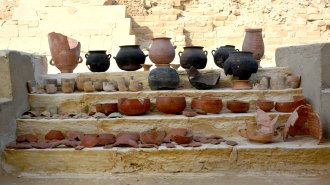 Archaeology
ArchaeologyChemical residue reveals ancient Egyptians’ mummy-making mixtures
Chemical clues in embalming vessels reveal previously unknown ingredients used to prepare bodies for mummification and their far-flung origins.
By Bruce Bower -
 Physics
PhysicsMuon scanning hints at mysteries within an ancient Chinese wall
Density fluctuations within the ancient rampart encircling the city of Xi’an could be defects or yet-to-be-discovered archaeological finds.
-
 Archaeology
ArchaeologyMysterious marks on Ice Age cave art may have been a form of record keeping
Hunter-gatherers during the Ice Age may have recorded when prey mated and gave birth, suggesting that these people possessed complex cognitive skills
By Anna Gibbs -
 Chemistry
ChemistryThese chemists cracked the code to long-lasting Roman concrete
Roman concrete has stood the test of time, so scientists searched ruins to unlock the ancient recipe that could help architecture and climate change.
-
 Archaeology
ArchaeologyComplex supply chains may have appeared more than 3,000 years ago
Finds from one of the world’s oldest shipwrecks hint that miners in Central Asia and Turkey provided a crucial metal to Mediterranean rulers.
By Bruce Bower -
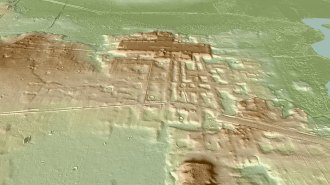 Archaeology
ArchaeologyLasers reveal sites used as the Americas’ oldest known star calendars
By around 3,100 years ago, Mesoamerican ritual complexes tracked celestial cycles using a 260-day count, a huge lidar mapping project shows.
By Bruce Bower -
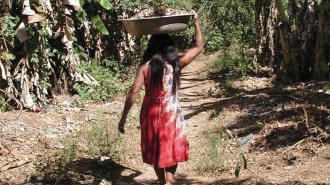 Earth
EarthIndigenous people may have created the Amazon’s ‘dark earth’ on purpose
Modern Amazonians make nutrient-rich soil from ash, food scraps and burns. The soil strongly resembles ancient dark soils found in the region.
By Freda Kreier -
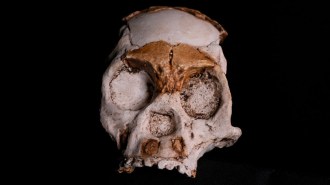 Anthropology
AnthropologyHomo naledi may have lit fires in underground caves at least 236,000 years ago
Homo naledi may have joined the group of ancient hominids who built controlled fires, presumably for light or warmth, new finds hint.
By Bruce Bower -
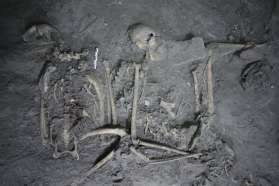 Archaeology
ArchaeologyA spider monkey’s remains tell a story of ancient diplomacy in the Americas
A 1,700-year-old spider monkey skeleton unearthed at Teotihuacan in Mexico was likely a diplomatic gift from the Maya.
By Freda Kreier -
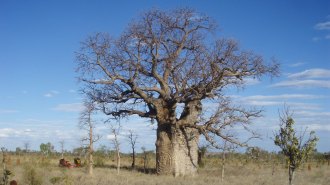 Anthropology
AnthropologyCarvings on Australia’s boab trees reveal a generation’s lost history
Archaeologists and an Aboriginal family are working together to rediscover a First Nations group’s lost connections to the land.
By Freda Kreier -
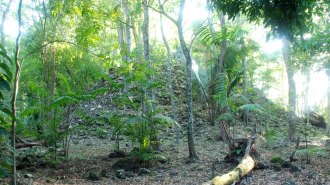 Archaeology
ArchaeologySome Maya rulers may have taken generations to attract subjects
Commoners slowly granted authority to kings at the ancient Maya site of Tamarindito, researchers suspect.
By Bruce Bower -
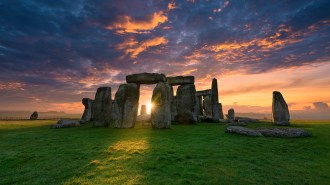 Archaeology
Archaeology50 years ago, Stonehenge’s purpose mystified scientists. It still does
In 1972, scientists thought Stonehenge may have been a calendar. Today, we still don’t know its purpose, but we have gained insight on its origin.